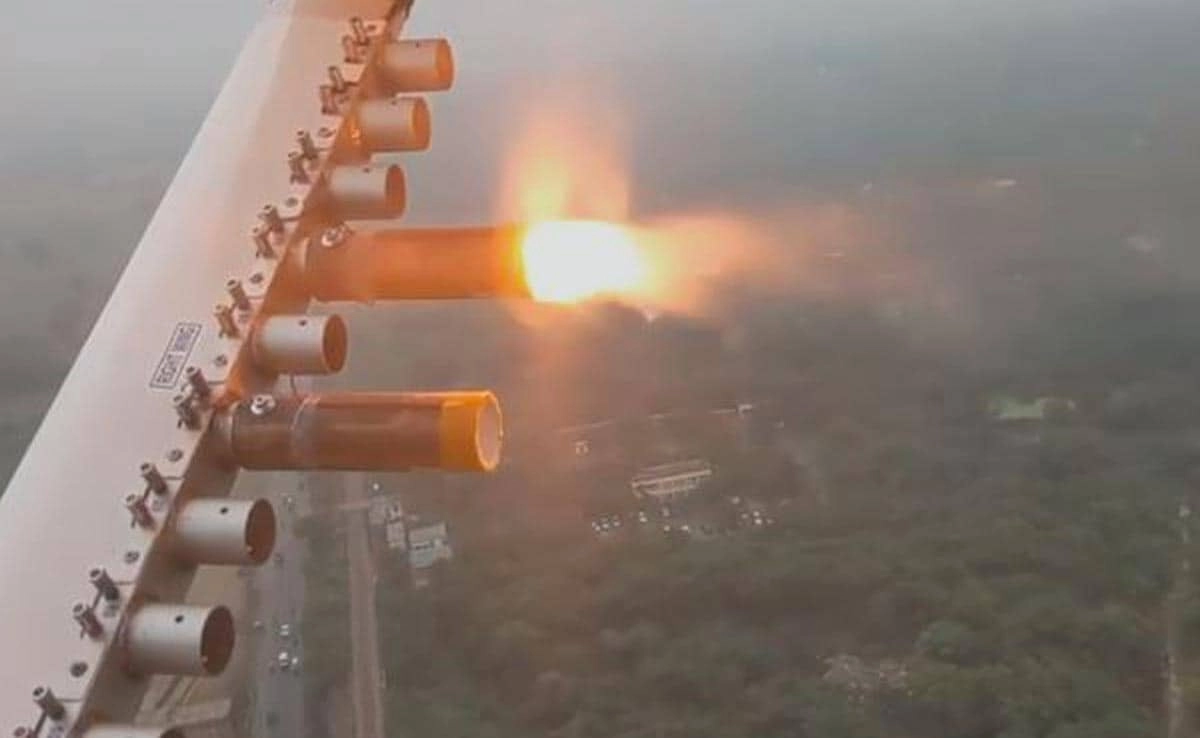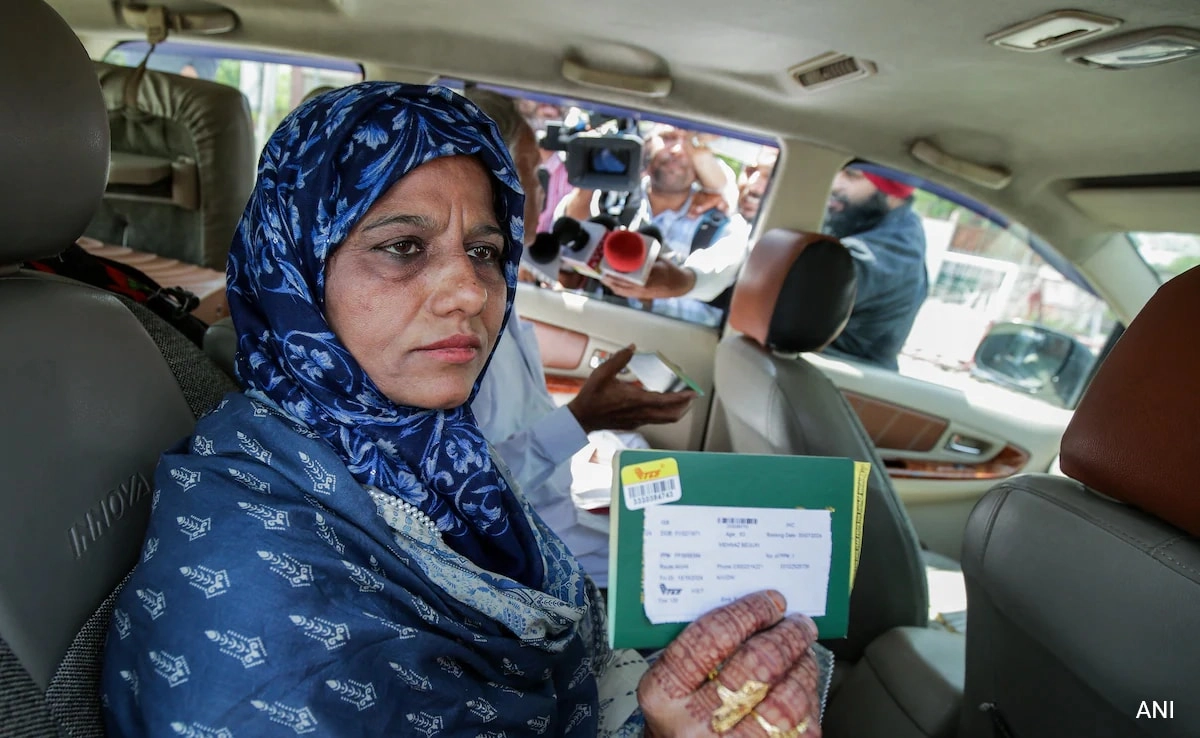The Delhi government has recently approved cloud seeding trials aimed at addressing the persistent issue of air pollution and enhancing water resources in the region. This initiative comes in response to the alarming levels of air quality that have plagued the capital, particularly during the winter months due to a combination of various factors including stubble burning, vehicular emissions, and industrial pollutants. Cloud seeding, a weather modification technique, involves dispersing substances into the atmosphere to encourage precipitation. The trials will be conducted in specific areas where the potential for rainfall is highest, with the primary goal of improving air quality and replenishing water supplies.
The trials are set to take place in various locations across Delhi and its neighboring regions, leveraging the expertise of meteorological agencies and research institutions. The selection of sites is critical, as it determines the effectiveness of the cloud seeding efforts. Authorities are focusing on regions that have demonstrated a conducive environment for cloud formation, thereby maximizing the chances of successful rainfall. The initiative has garnered attention not only for its potential environmental benefits but also for its innovative approach to tackling one of the city’s most pressing challenges.
In addition to improving air quality, the cloud seeding trials aim to enhance the water supply in Delhi, which faces regular shortages, especially during the dry season. By increasing rainfall, the government hopes to replenish reservoirs and groundwater levels, thereby ensuring a more sustainable water supply for the city’s residents. This dual focus on tackling air pollution while simultaneously addressing water scarcity showcases the government’s commitment to employing science and technology in environmental management. The outcomes of these trials could pave the way for more extensive cloud seeding programs in the future, potentially transforming how Delhi manages its environmental challenges.
While the initiative has received support from various stakeholders, it is not without its critics. Some experts raise concerns about the ecological impact of cloud seeding and its long-term effectiveness in combating air pollution. Additionally, the cost implications and the need for ongoing research to assess the results of these trials are important considerations. Nevertheless, the Delhi government’s decision to explore cloud seeding as a potential solution reflects a proactive approach to environmental management in a city grappling with significant atmospheric and water-related issues. As the trials commence, all eyes will be on the results, which could set a precedent for similar initiatives in other urban areas facing comparable challenges.




